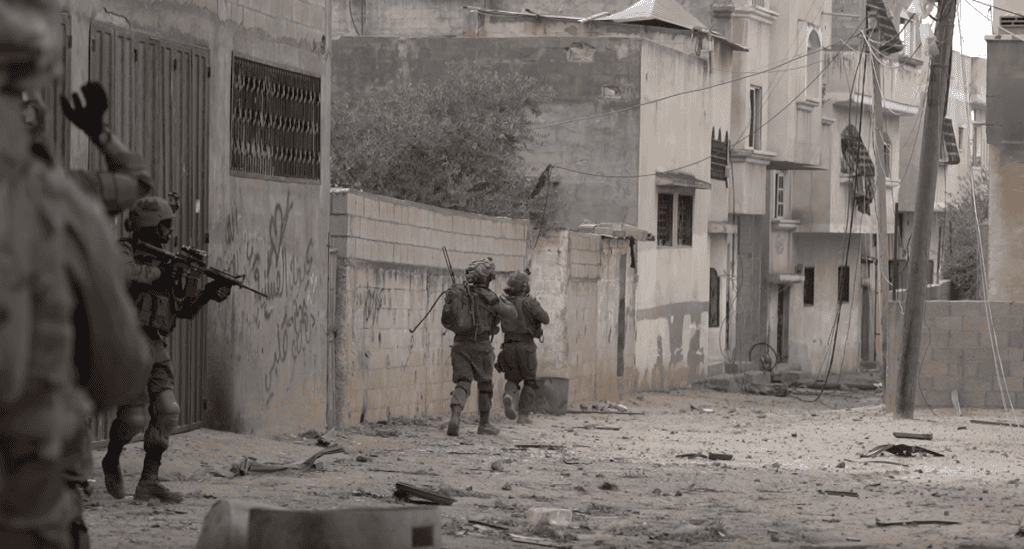
24 Israeli soldiers were killed in Gaza during a 24-hour period, the worst for Israel since ground operations began on October 27. Most of these casualties resulted from an explosion amidst buildings in Gaza near the Israeli border. Members of the 261st brigade, which is made up of reservists, were operating to dismantle terrorist infrastructure, the IDF said. “It appears that RPG missiles were fired toward the forces during the operation, and as a result of this firing and the simultaneous collapse of a nearby structure, 21 reserve soldiers were killed and others were injured,” the IDF said.
This high death toll is one of Israel’s major military losses not just in this war, but historically. It conjures up memories of both the 1997 helicopter disaster in which 73 soldiers were killed and the 1968 sinking of the Israeli submarine INS Dakar while en route to Israel. 69 men were on board.
Ground operations in Gaza began on October 27 and has seen several difficult days for Israel in terms of high casualties. In mid-December, ten soldiers were killed in an ambush and firefight in Shujaiya. In another incident on November 1, a total of eleven soldiers from the same Givati infantry unit were killed when their Namer APC was struck by a anti-tank guided missile. In a third incident, a tunnel that was being dismantled and rigged with explosives detonated prematurely in early January, killing six soldiers.
The high death toll in the ground operation in Gaza illustrates some of the complexities of the campaign. In each incident, the fighting in dense urban areas has led to the high casualties. For instance the ability of terrorists to fire RPGs or ATGMs by popping out of tunnels or from urban areas, destroying an APC or causing an explosion of munitions, is due to Hamas’ abilities to hide amongst civilian structures in Gaza. In addition, the difficulties of dismantling what the IDF describes as terrorist infrastructure leads to munitions and detonators being in close proximity to IDF forces.
The troops from the 261st brigade were involved in “removing structures and terrorist infrastructure in the area – approximately 600 meters from the border. The mission is intended to provide the security conditions necessary to allow the residents of southern Israel to return to their homes,” IDF spokesperson Rear Admiral Daniel Hagari said on January 23. An RPG fired by a terrorists struck a tank that was near the soldiers. “Simultaneously, there was an explosion that resulted in the collapse of two two-story structures.” The IDF will investigate the incident. There was an effort the evening of January 22 to evacuate the fallen and wounded via helicopter and transfer to hospitals.
Israel’s Chief of the General Staff Herzi Halevi praised the fallen soldiers as having fallen “during a mission whose aim was to enable the safe return of the residents of southern Israel to their homes. We grieve this loss; we will learn the necessary lessons.” This highlights Israel’s emphasized priority on clearing out areas used by Hamas near the border. This may include outposts as well as structures and buildings. Hamas was able to attack Israel on October 7 by staging units in some thirty different areas along the border and then ambushing Israel’s security fence.
The IDF continued to carry out other operations inside Gaza on January 23. The 7th armored brigade, for instance, operated with combat engineers to uncover a Hamas post that was located near two schools, the IDF said. In northern Israel, the IDF said that rockets launched from Lebanon caused minor damage to an Israel Air Force base. This was an unusual statement by the IDF, although it does not mark the first time Hezbollah has sought to target IDF bases in the north. Hezbollah has tried to attack unit headquarters and communications sites in northern Israel since it began attacks against Israel on October 8.







